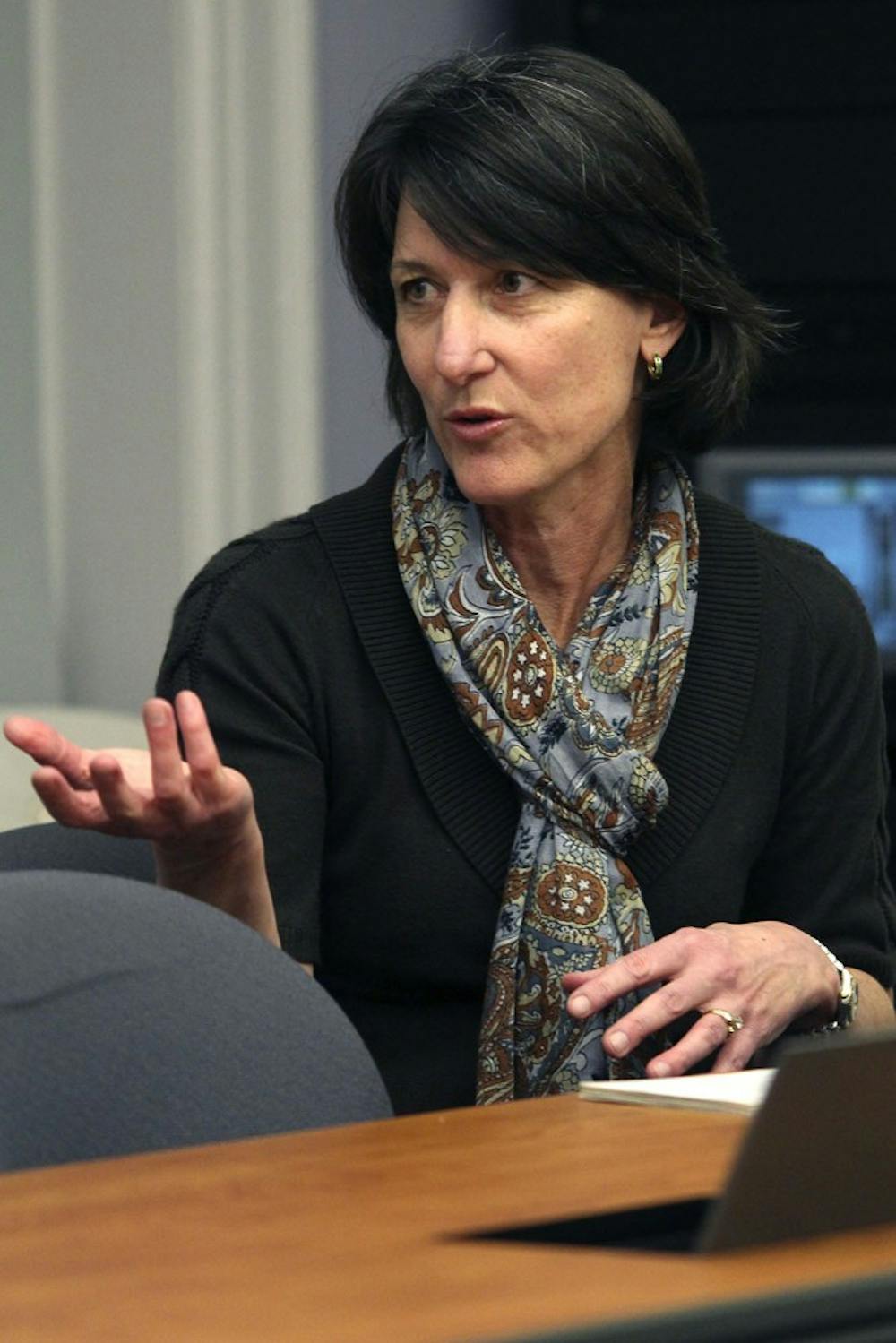The whistleblower lawsuit brought by former learning specialist Mary Willingham will be heard in a federal court if UNC has its way.
Experts say the move could mean the University will see a much quicker end to a lawsuit that has painted the nation's oldest public University as a place that retaliates against its employees for sticking up for academic propriety.
“There could be some strategy behind this move, given the sympathy, or lack thereof, that judges in the Eastern district may have towards these claims,” said Christopher Griffin, an assistant law professor at the College of William and Mary who studies employment discrimination law.
“In these sorts of instances over the last five to ten years, many federal district judges have granted summary judgments to the defendants, meaning the case does not go to trial.”
Griffin said Willingham, who was the university’s learning specialist and assistant director for the Center for Academic Success and Student Counseling, will have a difficult time proving the University retaliated against her when she was demoted after coming forward with research that many UNC student athletes couldn't read above an eighth grade reading level.
Willingham refused to comment for this story.
The Context
The motion to move the case comes amid accusations that Willingham plagiarized parts of her masters thesis. Her paper "Academics and Athletics — A Clash of Cultures" appeared to borrow entire sentences from other sources, according to anonymous commenters on an Inside Carolina message board.
Willingham has been subject to criticism from UNC fans ever since she publicized her research that showed 60 percent of the UNC football and basketball players she studied between 2004 and 2012 read between fourth and eight grade reading levels.




